We live in a world that desperately needs Thomas More’s wisdom. We need his understanding of God, his understanding of virtue, and his understanding of the complexities of the human person.
The Essential Works of Thomas More, edited by Gerard B. Wegemer and Stephen W. Smith (1520 pages, Yale University Press, 2020)
 Though he’s only been regarded and identified as an official saint for less than a hundred years, it would be hard to find a saint more necessary over and through and for and to the modern era than Thomas More. Though executed in 1535, nearly five hundred years ago, More still offers the best voice of resistance in our overly commercialized, deeply bureaucratized, and uncomfortably violent world of the twenty-first century.
Though he’s only been regarded and identified as an official saint for less than a hundred years, it would be hard to find a saint more necessary over and through and for and to the modern era than Thomas More. Though executed in 1535, nearly five hundred years ago, More still offers the best voice of resistance in our overly commercialized, deeply bureaucratized, and uncomfortably violent world of the twenty-first century.
An argument could even be made that the old world ended when Henry VIII had Thomas More executed. Or perhaps in less drastic terms, the “modern world” began on July 6, 1535. What was left of the world of Christendom faded away at that moment. This argument actually seems more plausible than the claim that some historians have made that the modern world began with Luther and Calvin. In almost every way, Luther and Calvin—with More, John Fisher, and Erasmus—looked first and foremost to the past for guidance and inspiration. Luther was a devout Augustinian, and Calvin’s first love was the Stoicism of Seneca. More was a Platonist and Augustinian as well.
Regardless, just as saints arise when most needed—God’s providence is beyond our understanding—often, so do books. In the most chaotic year in my lifetime, 2020 (well, I turned one in 1968 and have no memory of it), The Essential Works of Thomas More, published by Yale University Press, and edited by Gerald B. Wegemer and Stephen W. Smith, made its more-than-welcome arrival. The Essential Works of Thomas More is not only the best book of 2020; it is the book most needed in 2021.
Even physically, the book is a thing of wonder. From its solid heft to its tight binding to its well-constructed layout to the razor stubble of More in the cover painting, The Essential Works of Thomas More sits beautifully in the hand or on the shelf. Most vitally, though, it sits snugly in the soul.
As the title promises, the book has everything one needs to gain a full picture of the great man. His poetry, his dialogues, his biographies, his epigrams, his most crucial letters, his debates, his supplications, his confutations, his treatises, his meditations, and his prayers can all be found here. Perhaps most critically, The Essential Works of Thomas More also includes the now definitive edition of More’s best-known work, Utopia.
Not surprisingly, Drs. Wegemer and Smith also provide illustrations, a chronology, a guide to online resources, a glossary, and a slick bibliography.[*] Like the American Indian with the buffalo, no part of The Essential Works of Thomas More is unused, including the inside covers. Not to be ignored, of course, are Drs. Wegemer and Smith’s insightful and masterful prefaces, introductions, and commentaries throughout the book. If More is the heart of this book, Drs. Wegemer and Smith are the soul. The two editors are so expert, deft, and respectful to More that it’s actually and frankly an honor to read them on the topic.
Never are More’s own writings uninteresting. Take, for example, the following quotes and thoughts from his letters:
For His wisdom better sees what is good for us than we do ourselves. Therefore, I pray you be of good cheer, and take all the household with you to church, and there thank God both for that He hath given us and for that He hath taken away from us, and for that He hath left us, which, if it please Him, He can increase when He will. And if it please Him to leave us yet, as His pleasure be it. (Thomas More to Mistress Alice, September 3, 1529)
The more I realize that this post involves the interests of Christendom, my dearest Erasmus, the more I hope it all turns out successfully. (Thomas More to Erasmus, October 29, 1529)
Congratulations, then, my dear Erasmus, on your outstanding virtuous qualities; however, if on occasion some good person is unsettled and disturbed by some point, even without a sufficiently serious reason, still do not be chagrined at making accommodations for the pious dispositions of such men. But as for those snapping, growling, malicious fellows, ignore them and, without faltering, quietly continue to devote your self to the promotion of intellectual things and the advancement of virtue. (Thomas More to Erasmus, June 14, 1532)
In everything that More wrote—from his letters to his dialogues to his Utopia—he stressed the need for virtue, the love of God, and the desire to see the human person as potentially glorious but also sinfully flawed. As such, some of More’s most penetrating writings are those he wrote on the nature and meaning of Christian humanism. “They must also learn prudence in human affairs, something from which is so far from being useless to a theologian that without it he may be able to sing well enough for his own pleasure, but his singing will certainly be ill-suited for the people,” More wrote. “And I doubt that any study contributes as richly to this practical skill as the study of poets, orators, and histories.”
Whether or not the old world ended when Henry VIII took More’s life (even Henry’s reign foreshadowed all future tyrannies, especially with its confiscation and disposal of church property and its “stripping of the altars”), we live in a world that desperately needs the great saint’s wisdom. We need his understanding of God, his understanding of virtue, and his understanding of the complexities of the human person. We need More.
Thankfully, Drs. Wegemer and Smith have given us not just the essential Thomas More, but, really, the definitive Thomas More. We should give thanks that we live in a world that—whatever its many moral and ethical flaws—allows for technology to be shaped in such a meaningful and virtuous fashion. The Essential Works of Thomas More is not just the best book of 2020; it will be the best book for 2021.
The Imaginative Conservative applies the principle of appreciation to the discussion of culture and politics—we approach dialogue with magnanimity rather than with mere civility. Will you help us remain a refreshing oasis in the increasingly contentious arena of modern discourse? Please consider donating now.
*Many of the full selections of More’s work are to be found on the book’s online companion, www.essentialmore.org.
The featured image is a portrait of Sir Thomas More (1527) by Hans Holbein (1497/1498–1543) and is in the public domain, courtesy of Wikimedia Commons.


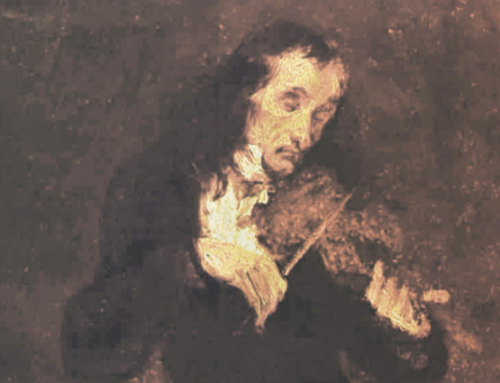
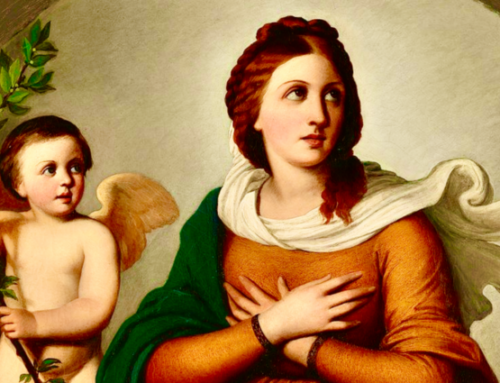
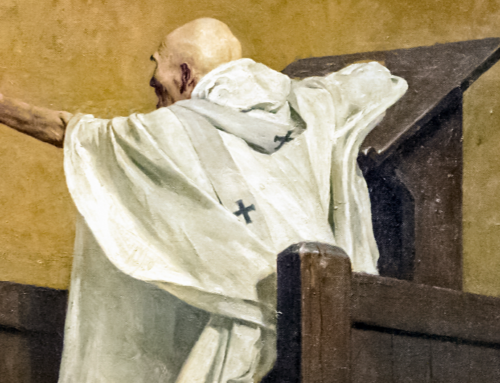
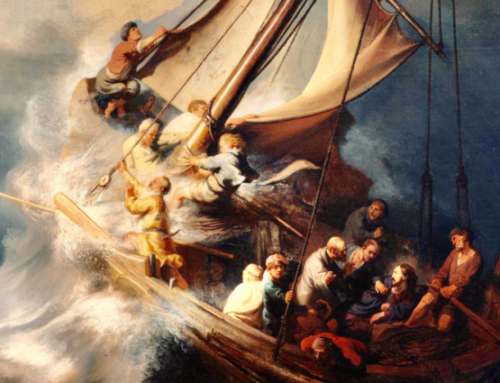
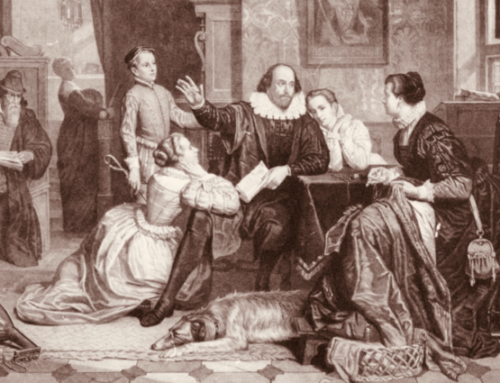
Leave A Comment